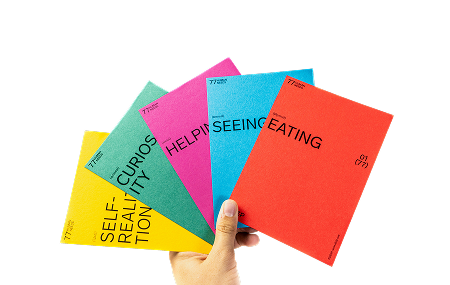How the term usability is defined, I described in my last blog post. Now I would like to explain which principles should be considered to develop a usable product. The principles are written down as "Dialogue principles of efficiency" in ISO 9241-110 and have their origin in the research results of Dr. Wolfgang Dzida.

Suitability for the Task
The product is suitable for the task if it supports the user in completing his tasks easily and directly. It is important here that the user is not distracted and flooded with too much additional or superfluous information. Nevertheless, important information should not be missing. For example, multiple entries of the same information should be avoided or should be handled automatically by the system.
Self Descriptiveness
The user must be able to see immediately what needs to be done, then the product is self-descriptive. It must therefore be clearly communicated what can be entered, edited or performed in which form. In addition, the user must always know exactly where he is and how he can trigger which action next. Otherwise he is likely to become annoyed quickly, feel lost and give up early.
Controllability
The user is always in control and is therefore always able to control the direction and speed of the dialog. Examples are that he can undo previous steps at any time or confirm important entries with "okay".
Conformity with User Expectations
The user finds his way around more easily if the dialog is consistent with his user world - meets his expectations. This means, for example, that laypersons should avoid using technical terms. Also, the use of Anglicisms is only really cool for users with appropriate language skills.
Error Tolerance
The product is error-tolerant if errors are avoided from the outset or if incorrect user input is simply forgiven. Incorrect entries should therefore not lead to dead ends or even immediate crashes. It is best to think of direct assistance to prevent errors.
Suitability for Individualization
The previous experiences and habits of people are very different and we have to take this into account. Reinhard Oppermann writes. "User satisfaction and productivity increase with adapted user interfaces. Therefore, individual settings are important. These can be made by the user himself or by an administrator.
Accessibility (ISO 9241-171) should also be taken into account, since a system should also be customizable based on the mental and physical abilities of the users.
Suitability for Learning
So far no master has fallen from heaven. The user should therefore be supported and instructed by the system. Products with tool tips, guided tours or corresponding FAQ's fulfill the principle of learning facilitation.
It is important that the principles are not considered independently of each other, but that the product to be developed is always seen in the overall context. To be able to decide this, we need to know the actual task of the user when developing products.
In our daily work with our all-time favorite tool Axure, we always notice things where the developers have probably forgotten the dialog principles. Renate, who by the way has a direct line to Ben, our favorite Axure support staff member, will explain to you how to approach this topic and conduct a well-founded expert review!






.jpeg)







